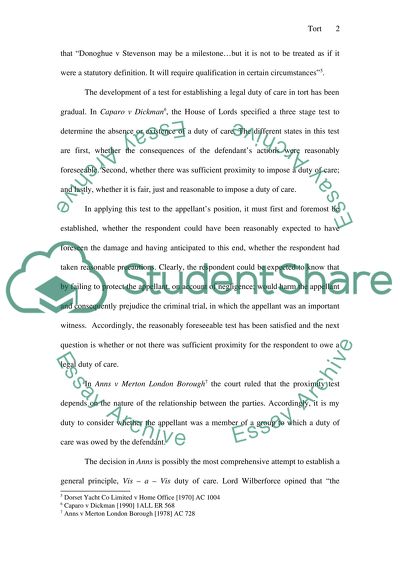Cite this document
(House of Lords Tort Judgment Essay Example | Topics and Well Written Essays - 1250 words, n.d.)
House of Lords Tort Judgment Essay Example | Topics and Well Written Essays - 1250 words. https://studentshare.org/law/1551836-tort-law
House of Lords Tort Judgment Essay Example | Topics and Well Written Essays - 1250 words. https://studentshare.org/law/1551836-tort-law
(House of Lords Tort Judgment Essay Example | Topics and Well Written Essays - 1250 Words)
House of Lords Tort Judgment Essay Example | Topics and Well Written Essays - 1250 Words. https://studentshare.org/law/1551836-tort-law.
House of Lords Tort Judgment Essay Example | Topics and Well Written Essays - 1250 Words. https://studentshare.org/law/1551836-tort-law.
“House of Lords Tort Judgment Essay Example | Topics and Well Written Essays - 1250 Words”. https://studentshare.org/law/1551836-tort-law.


